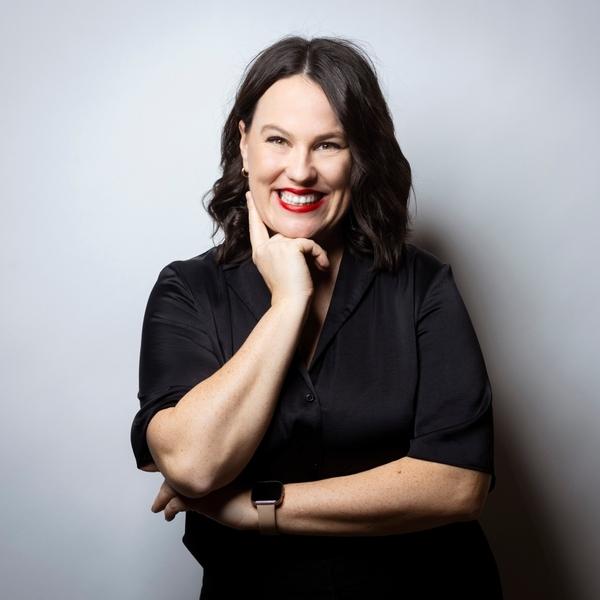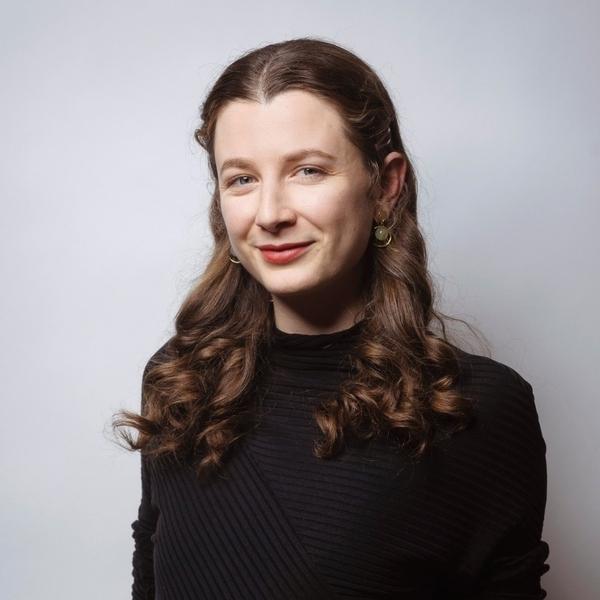Bishnu Acharya
Dr. Bishnu Acharya (PhD) is a highly-celebrated associate professor in the Department of Chemical and Mechanical Engineering and Research Chair of the Saskatchewan Ministry of Agriculture in Bioprocess Engineering at the University of Saskatchewan. His research focuses on innovative approaches for converting biomass into high-value products such as bioenergy, biochemicals, biomaterials and functional food. With a strong track record of publications in high-impact journals, and training of next generation personnel in collaboration with public and private organizations and funding agencies, he has contributed significantly to advancing knowledge in bioprocess engineering. Acharya is a founding member and scientific advisor of TuniStrong Technologies Inc. and CanXtract Innovation Inc., spin-offs from his research activities. He earned his bachelor’s degree in mechanical engineering from Tribhuvan University, Nepal, Master of Engineering in energy technology from the Asian Institute of Technology, Thailand and PhD in mechanical engineering from Dalhousie University, Canada.
Christopher Eskiw
Dr. Christopher Eskiw (PhD) is a professor and researcher in the Department of Food and Bioproduct Sciences in the University of Saskatchewan's College of Agriculture and Bioresources. His research explores how dietary compounds influence the expression of genes associated with lifespan and aging. Eskiw completed his masters degree in anatomy and cell biology at the University of Saskatchewan and his PhD at the Institute for Medical Science at the University of Toronto. He then continued his research by moving to the UK for postdoctoral fellowships at both the University of Oxford and University of Cambridge. Eskiw was a faculty member at Brunel University, London (UK) from 2010-2013 before returning to the University of Saskatchewan and establishing his lab in nutrigenomics and genome organization.
Erika Dyck
Dr. Erika Dyck (PhD) is a professor and a Canada Research Chair in the History of Health and Social Justice at the University of Saskatchewan. She is an internationally recognized scholar in the history of psychedelics, having delivered hundreds of lectures on the topic around the world. She is the author or editor of 14 books, including several award-winning publications. From her first book Psychedelic Psychiatry (Johns Hopkins UP, 2008) to her most recent book Psychedelics: A Visual Odyssey (MIT Press, 2024), her work covers medical and cultural history about how psychedelics have taken root in cultures around the world.
Franco Vizeacoumar
Dr. Franco J. Vizeacoumar (PhD) is a senior scientist at Saskatchewan Cancer Agency and associate professor of oncology at the University of Saskatchewan. He earned his PhD in cell biology from the University of Alberta and completed postdoctoral training at the University of Toronto. His research focuses on identifying novel cancer drug targets, using genetic principles such as synthetic lethality. His broader body of work spans genome-wide unbiased screens, machine learning approaches, drug repurposing platforms and mechanistic studies to identify these targets. Vizeacoumar has contributed extensively to the academic community by co-editing two textbooks, publishing over 70 peer-reviewed articles, and serving on numerous national grant review panels and the editorial boards of multiple journals. His research is supported by leading funding agencies, including CIHR, NSERC, CRS, SCA, SHRF, CFI, TFRI, and the Be Like Bruce organization.
Jordan Woodsworth
Dr. Jordan Woodsworth (DVM, PhD) is a veterinarian and community-based researcher at the University of Saskatchewan, working with and for Indigenous communities in Canada. Her aim is to support mutual health and well-being between animals and humans, with a particular focus on dogs. In her role as Director of Northern Engagement and Community Outreach, Jordan supports veterinary student learning and provides expert consultation to a variety of organizations and groups on animal health and welfare, community-engaged research, anti-racism and anti-oppression, and how to work with Indigenous communities as a settler in a good way. Her current work looks at solutions for the gaps in access to veterinary care in Canada, searching for effective and creative approaches to supporting the health and well-being of animals, humans and the communities they call home.
Joseph Neapetung
Joseph Neapetung is an Anishinaabe graduate student from Yellow Quill First Nation. He is currently enrolled in the Anatomy, Physiology and Pharmacology program in the College of Medicine at the University of Saskatchewan. Joseph is an up-and-coming neuroscientist and is an author and co-author of several scientific publications. He is currently finishing his MSc and undertaking endeavours to increase post-secondary enrolment of Indigenous students in the sciences. Joseph has been working to Indigenize neuroscience and incorporate an Indigenous lens into the sciences for the past decade. It is his intent to spread the idea of 'Indigenous Neuroscience' to help weave Western science with Indigenous worldviews.
Kayley D. Lawrenz
Kayley D. Lawrenz is a 28-year-old undergraduate psychology student at the University of Saskatchewan, aspiring to become a clinical psychologist. Kayley has lived with a C6 cervical spinal cord injury (SCI) since the age of 16 and was diagnosed with Generalized Anxiety Disorder in 2024. She is passionate about sharing her education and lived experience to increase awareness and understanding of social issues for the betterment of our world. Kayley’s advocacy work spans collaborations with organizations such as Spinal Cord Injury Canada, the Care Collaboratory research team and secondary and post-secondary schools. She has engaged in qualitative research focused on long-term care, written and presented about ableism and the social construction of disability, and volunteered to support people with disabilities and those impacted by sexual violence. She is motivated by a desire to live in a world that celebrates our universal responsibility and cultivates empathy toward all.
Kerry McPhedran
Dr. Kerry McPhedran (PhD) is a professor and graduate chair in the Department of Civil, Geological and Environmental Engineering at the University of Saskatchewan, where he holds the Centennial Enhancement Chair in Water Stewardship with Indigenous Communities. McPhedran is an award-winning environmental engineer with expertise in municipal and industrial wastewater, stormwater runoff and recreational water quality. During the COVID-19 pandemic, he was a co-leader of an interdisciplinary research team investigating the SARS-CoV-2 virus in municipal wastewater for numerous municipalities and First Nations in Saskatchewan. Recently, McPhedran received NSERC Discovery Grant funding for a project entitled, “Direct potable reuse of municipal wastewater and urban stormwater in Canada.” In addition, he is leading projects in collaboration with the City of Saskatoon focusing on municipal wastewater and stormwater infrastructure challenges.
Marjorie Delbaere
Dr. Marjorie Delbaere (PhD) is a professor of marketing and the acting dean at the University of Saskatchewan Edwards School of Business. She earned her Bachelor of Commerce and PhD from the University of Manitoba and first joined the Edwards School of Business in 2007. Prior to her academic career, she worked in marketing and communications for Hewlett-Packard and Agilent Technologies in Germany. She teaches marketing strategy and theory in undergraduate, graduate and executive programs. In addition to her teaching and administrative roles, Delbaere carries on an active research program investigating communication and persuasion surrounding complex and controversial topics, primarily in pharmaceutical products and health care.
Valerie Verge
Dr. Valerie Verge (PhD) is a professor in the University of Saskatchewan's Department of Anatomy, Physiology and Pharmacology and director of the Cameco MS Neuroscience Research Centre. She earned her PhD at McGill University in 1990 in the Department of Neurology and Neurosurgery and conducted postdoctoral studies at the Karolinska Institute in Stockholm prior to her appointment in 1992 at the University of Saskatchewan. She has received many accolades, including being a Medical Research Council of Canada Scholar, Past President of the Canadian Association for Neuroscience and was named by MS Canada as being the 2019 Women against MS honouree. Dr. Verge is internationally recognized for her team’s research into the molecular basis of nervous system repair and strategies to enhance the intrinsic capacity for repair in peripheral nerve injury and Multiple Sclerosis. She has taken on many national and international leadership and advocacy roles and been named to Stanford University’s list of top 2% of most highly cited scientists worldwide.

